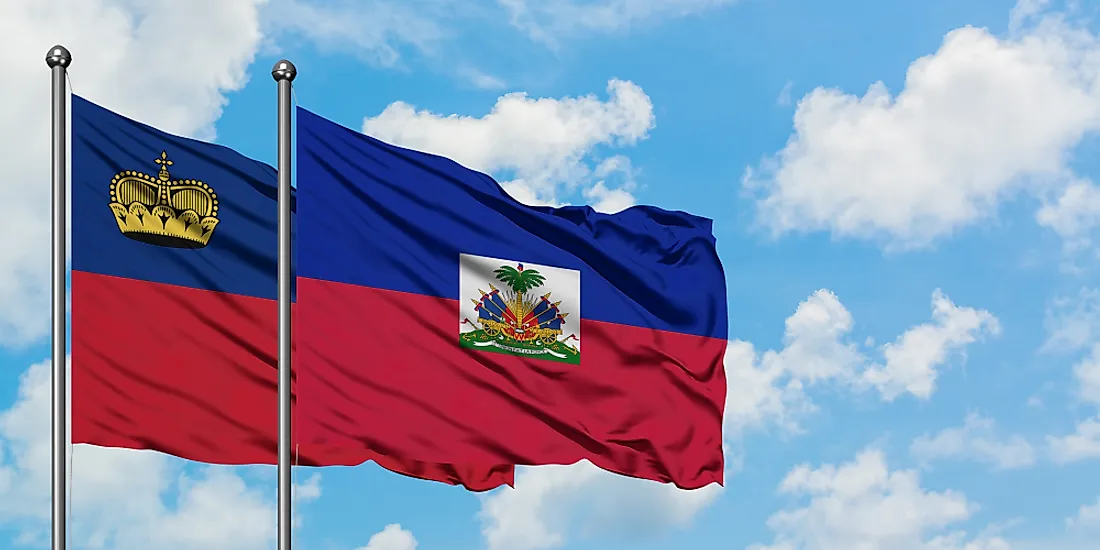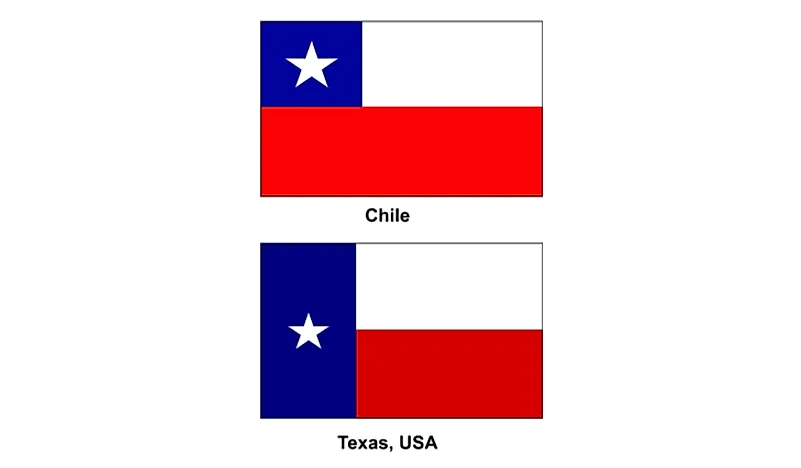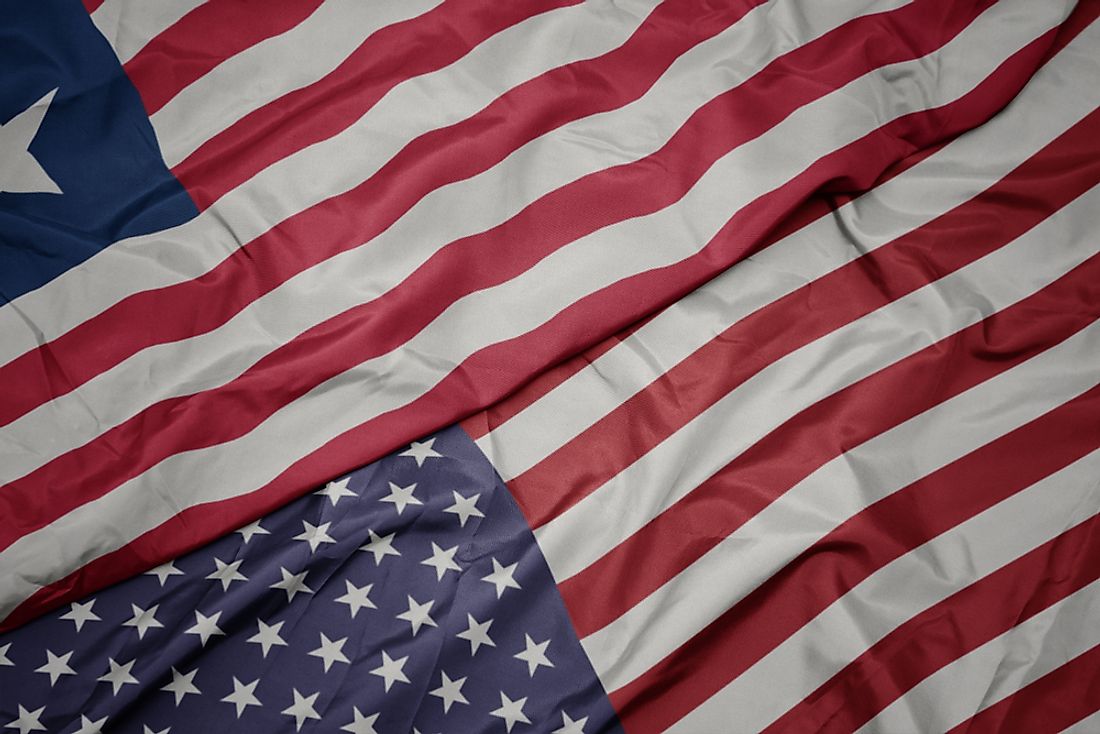Jersey’s political make-up is that of a parliamentary democracy, though it is also a crown dependency of the Queen. Its government is headed by a chief minister who is voted for by any citizen of Jersey who is 16 years and above. Elections are held every four years in May. There is currently a debate aimed at reducing the chief minister’s term limit to two terms. The head of state is the Queen, who appoints a ceremonial representative known as the Lieutenant Governor.
General elections in Jersey are held every four years. They take place for the assembly and at the parish level. In 2008, the voting age was reduced to 16 years. The assembly of the States of Jersey has 51 elected members: 10 senators, 29 deputies and 12 connectables, who are the heads of parishes. There are debates on limiting the chief minister’s term to two.
The parliament of Jersey, also called the States of Jersey, used to sit in the Royal Court before their chambers were constructed adjacent to the Royal Court in the country’s capital of Saint Helier in 1887. The chamber has benches arranged in a horse-shoe form around the twin seats of the Lieutenant Governor and Bailiff. The Royal Court is the oldest court in Jersey.
Historically, Jersey politics have been dominated by two political parties. This was also cemented after the 2005 constitutional reforms that created a ministerial government and a prospective opposition. There were two parties, the Jersey Democratic Alliance and the Centre Party. However, over the time the parties have been wound up and now only one party is registered, Reform Jersey. Some candidates vie as independent candidates.
This page was last modified on May 1st, 2018
More on Graphicmaps

Published on 2019-11-06
What is a Trade Embargo?

Published on 2019-11-04
Which Two Countries Used to Have the Same Flag?

Published on 2019-09-16
What Is the Only Two-Sided State Flag?

Published on 2019-09-16
Which Country Flag Looks Like the Texas Flag?

Published on 2019-08-29
Flags That Resemble the US Flag

Published on 2019-08-20
